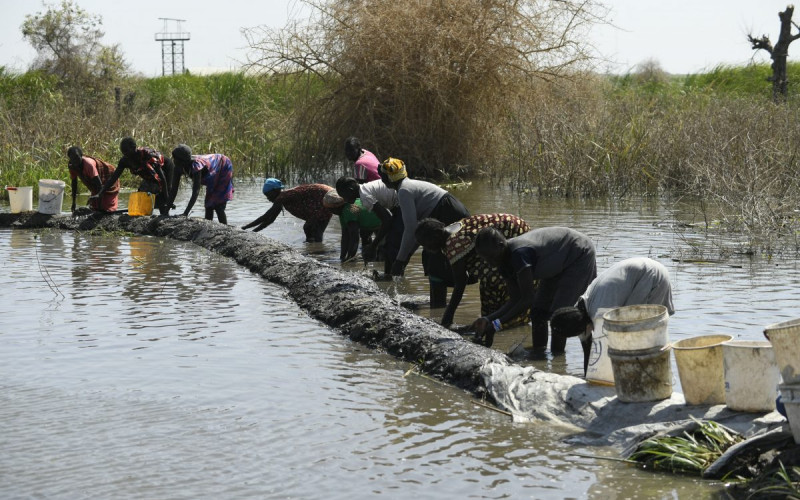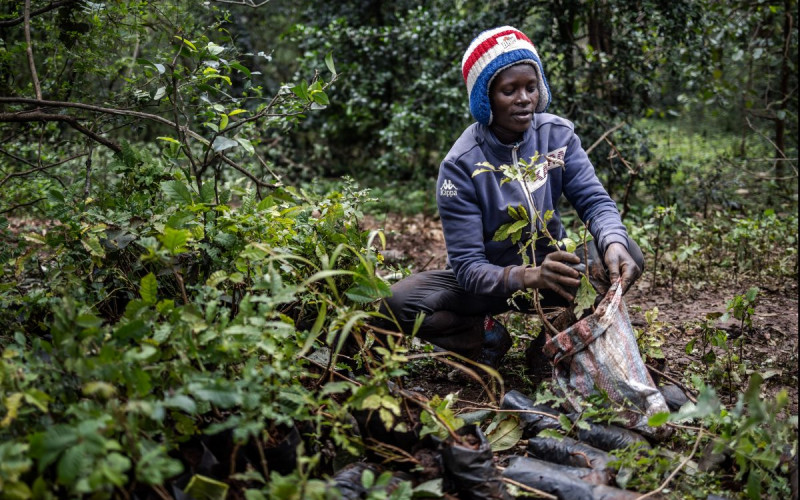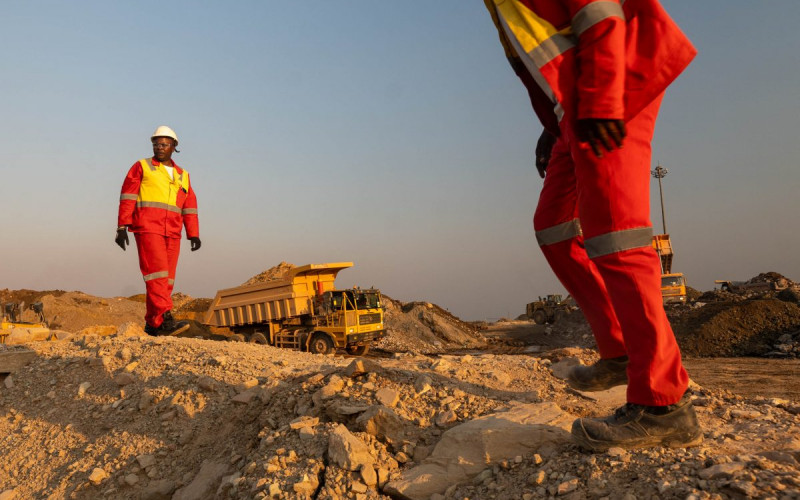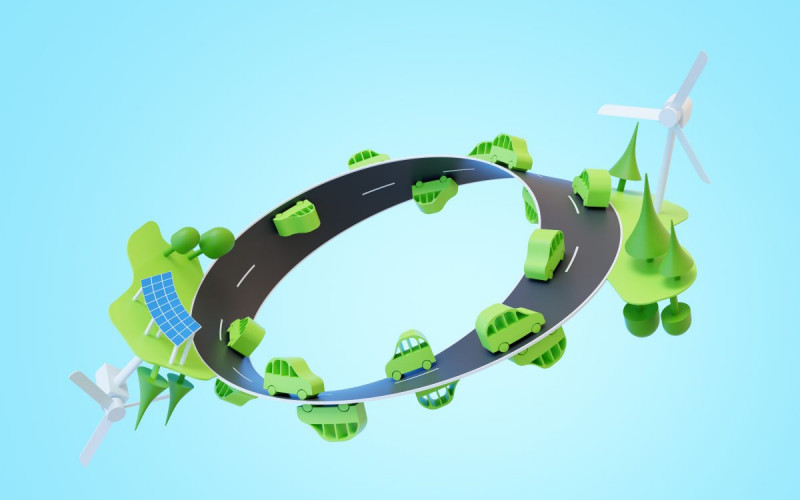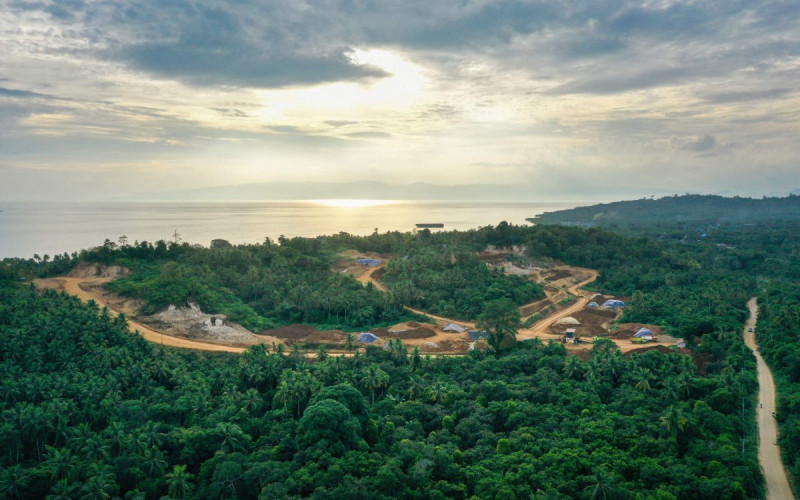Under favourable conditions, and until solar power becomes a feasible option for supplying baseload electricity, this coal could be either exported or used for local regional electricity production and consumption. Electricity shortages impose a considerable constraint on economic growth in sub-Saharan Africa. This strengthens the argument for local production of coal-fired electricity, especially if regional fossil fuel supplies are integrated in a technologically adept manner to ensure economies of scale. However, coal extraction for either export or local production is environmentally costly despite advances in technology.
The alternative is for Botswana to export its coal, which would attract immediate export revenue. This is unlikely to create sustainable economic diversification, though. Botswana is landlocked and lacks available transport infrastructure to facilitate exports of such a scale, weakening the argument for this option. Regional political difficulties impose a constraint on both options.


